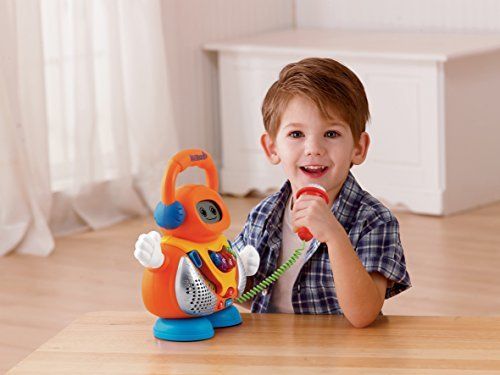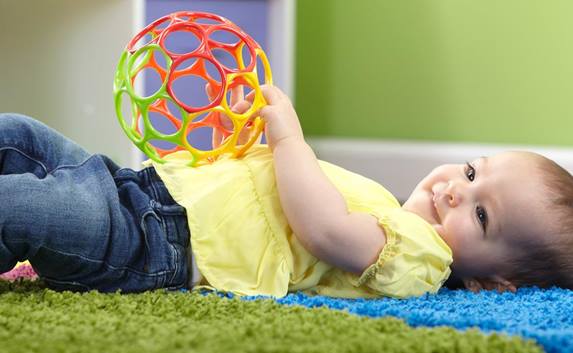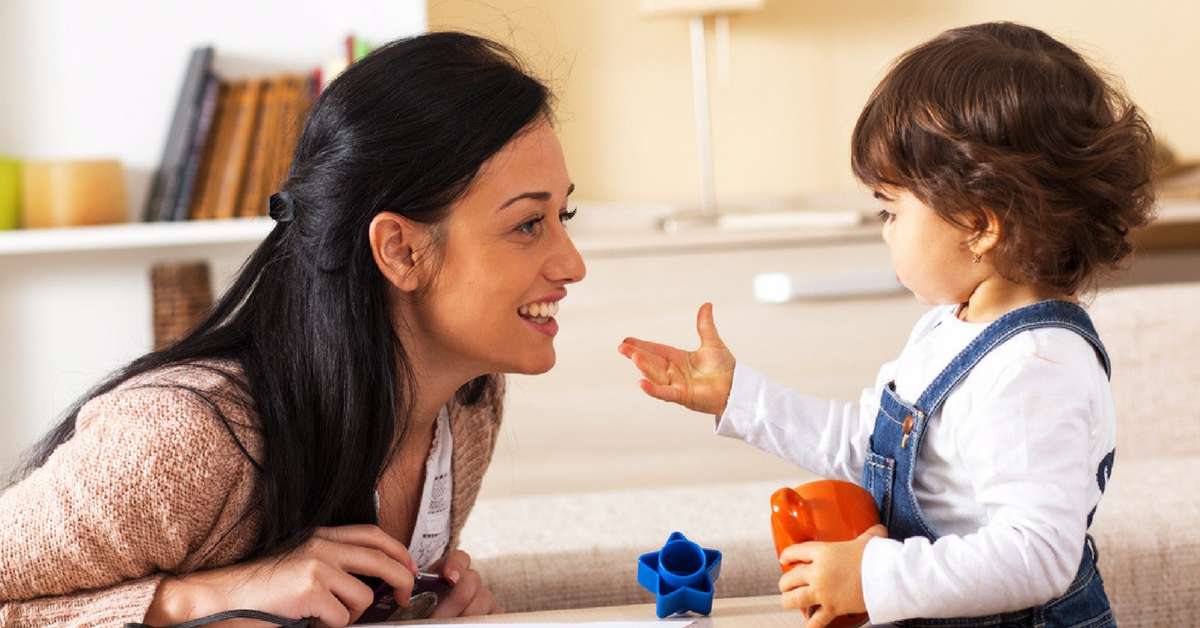Your toddler is not only growing physically, but also mentally. Cognitive development involves how they advance their skills of observation, learning and interaction. As the child grows, they are able to acquire cognitive skills appropriate for their age group. However, it is possible to boost their abilities by introducing activities that encourage them to learn regardless of their age. You can do this by incorporating the following cognitive activities for toddlers into their day to day activities.
Cognitive Activities to Help with Development in Toddlers
-
Use of Repetitive Play
This is an activity for toddlers who are just learning their language skills, motor responses and rhythm. Ideal repetitive cognitive activities include clapping their hands, repeating names of objects, verbs, and singing along to music, etc.
-
Introducing Sing-Alongs

Songs are some of the best ways to engage kids and grasp their attention. You can introduce sing-alongs to your child and encourage them to sing with you. Introduce songs in the car and at home and replay them as often as possible. Eventually, the child will start singing along to them. This is an activity that helps with your child’s word identification and memory.
-
Movement of Objects
Allowing your child to play with toys and objects helps them to understand how different behavior affects them and the environment around them. Moving and manipulating objects teaches them cause and effect. Therefore, allow your toddler to move objects and kick them around. This helps promotes their motor skills.
-
Feeling, Touching and Grasping

When you introduce cognitive activities for toddlers, they will largely learn through reflex activities. For a toddler, introducing toys that they can grasp helps them to develop their grasping, feeling and touching reflexes, as well as learning about different textures.
-
Identifying Noises
From birds singing to car horns and even water running down streams, all these can be used to develop your child’s cognitive abilities. Allow your child to be conscious of the noises around them. This helps them to understand the relation of different sounds to objects around them.
-
Learning the Alphabet

You can help your toddler to learn their alphabet by introducing alphabet songs to their everyday life. You can also read books on the alphabet to them often. Alphabet puzzles can also work to help them with this.
Create your own cutouts of the alphabet using bright colors since kids are more attracted to them. Randomly arrange the letters and encourage your child to try and arrange them correctly. This will help with your child’s memory.
-
Playing with Blocks
Cognitive activities for toddlers such as stacking play blocks or even filling and emptying objects are a good way of promoting their spatial awareness, motor learning and also understanding cause and effect. By playing with blocks, children learn how to be intentional when it comes to motor actions.
-
Using Obstacles
You can create mini obstacles around the house for your toddler. These obstacles help your child to learn of other ways to get things done. They learn to go round, over, under or through obstacles to achieve their goals. This is an activity that grows their coordination, balance as well as motor skills.
-
Counting Activities

You can incorporate counting in the child’s everyday life by looking for opportunities throughout the day. You can count the number of toys the child has, the shoes at the door, number of slides at the park or number of people around. Start with teaching them how to count from one to ten. Once they grasp that, you can teach them to count to 20 and progress as you go.
-
Learning Colors and Shapes
When interacting with your child, identifying shapes and colors means a lot. You can make a habit of describing items based on their shape and color. You can introduce the simple shapes and a number of colors. As you go about your day, point out similar shapes and colors and see if they can recall. Ask them to describe objects whenever you come across a color or shape you had previously learned.
-
Give Them Choices
Make a habit of giving your child choices to make. For example, involve them when picking out their clothes. Let them know the difference in colors by speaking them out as you help them choose. This way, you’ll not only build their confidence but also their decision-making abilities.
-
Asking Questions

This is an important point when it comes to result-oriented cognitive activities. Instead of making every decision for your child, ask them questions based on the things you have taught them. Questions like ‘what do you say when asking for something?’ or ‘what should you do before bedtime?’ can go a long way in training the child’s memory and also helping them to think for themselves. Ask them questions that make them independent problem solvers as they understand how the environment around them works.
-
Visiting Places That Intrigue Them
Travel is an important part of child development. You can boost your child’s learning ability by taking them to places where they can learn visually. Trips to the local museum or even the farmers market are good cognitive activities for toddlers as it gives them hands-on experience. Teach them what different things are as you look for opportunities to pick their brain on familiar objects. This helps to broaden their perception and knowledge of things and also helps them to learn new things.
What to Expect After Consistently Introducing Cognitive Activities
With time and consistent practice, your child will be able to do a lot of things for themselves. They’ll be way ahead of the pack by the time they start going to school.
Long-term practice will yield results such as:
- Ability of the child to read on their own at a young age
- The child’s artistic side will develop at an early age
- Finding where their interests and talent lies
- The child is able to express their emotions and thoughts easily
- The child is able to follow instructions
- Their concentration span increases

